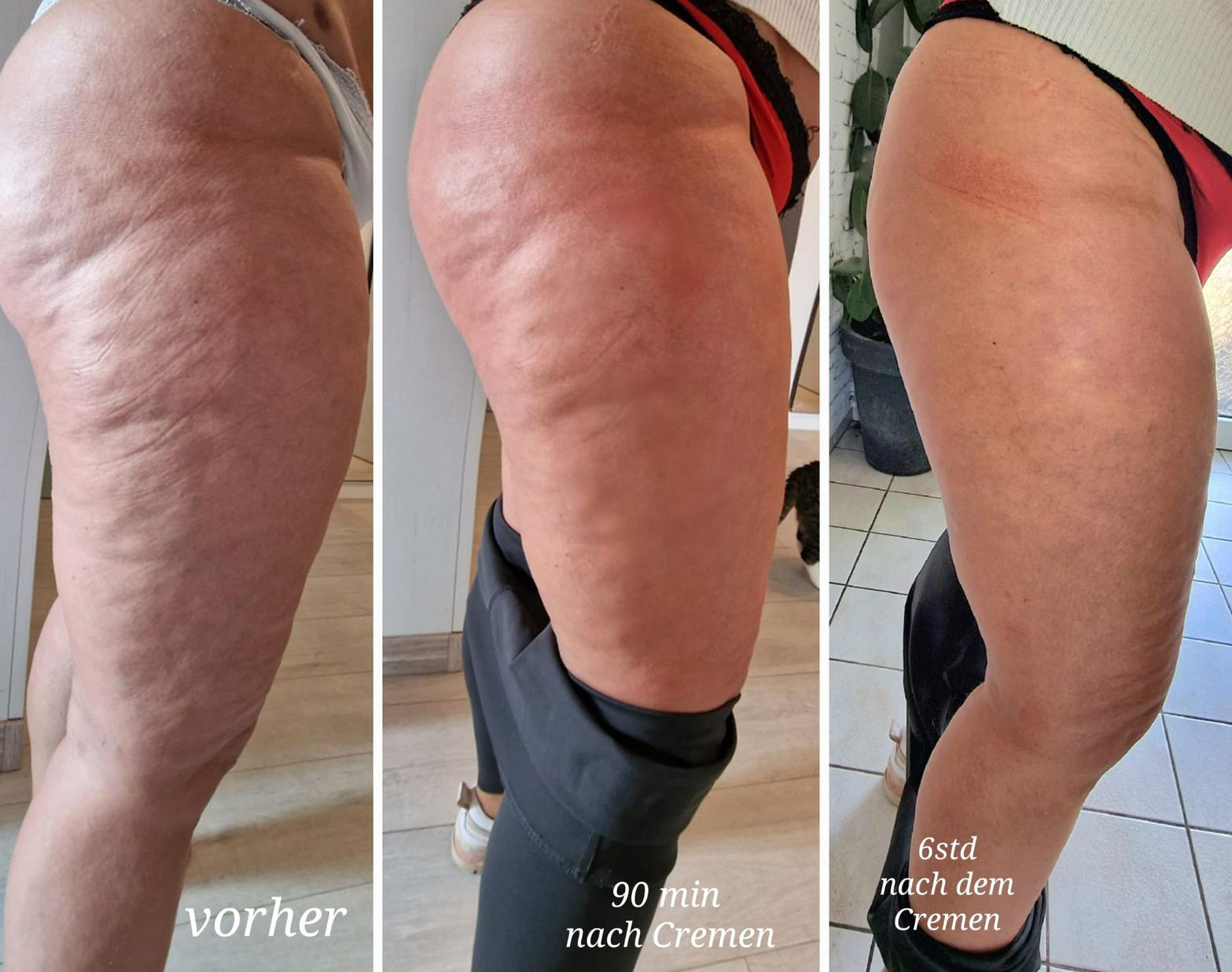
With the new "Patient Data Protection Act", the Federal Ministry of Health wants to ensure more data protection in times of advancing digitalisation of the health sector. It also has many advantages: for example, the possibilities for video consultations are to be expanded, and health insurance companies must offer their insured persons this electronic patient file from 2021.
It is no longer a secret that digitalisation is also progressing in the health sector and will be continuously developed. The possibilities are already diverse. From apps for recording health and fitness data to video consultations to digital information platforms on all health topics, interested parties can use many exciting solutions.
It's not surprising that this digital progress is putting legislators on the spot. Above all, it is a matter of data protection, as the new "Patient Data Protection Act" shows. This will make digital offers such as the e-prescription or the electronic patient file usable and at the same time protect sensitive health data in the best possible way, according to the Federal Ministry of Health.
Having data entered into the electronic patient record
An essential topic is the electronic patient record (ePA). According to the Federal Ministry of Health, health insurance funds must offer this electronic patient file to their insured from 2021. To ensure that it is also filled, patients will at the same time be entitled to have their attending physician enter data into the ePA. Doctors will be paid for the initial filling and administration of the ePA. In addition to findings, doctor's reports or X-rays, from 2022 the vaccination card, the maternity record, the yellow U-booklet for children and the dental bonus booklet can also be stored in the electronic patient file. From 2022, insured persons will be able to have their data transferred from the ePA when they change health insurers. In terms of data protection, the patient alone decides what happens with his or her data. The use of the ePA is voluntary.
After the "app on prescription", the care app on prescription is also to come. The cornerstone paper envisages that "digital care applications" (DiPas) will be financed by the social long-term care insurance after they have been tested by the Federal Institute for Drugs and Medical Devices (BfArM). Conceivable under the term DiPa would be apps for fall prevention or continence management, for example, as well as apps that monitor or document the condition of the person being cared for in conjunction with sensors. Speaking of "app on prescription": For the e-prescription, there is to be an app with which the e-prescription can be displayed directly on the smartphone. The patient can then redeem it at a pharmacy of his or her choice.
The importance of video consultation is growing
A far-reaching change is being sought in the field of telemedicine. Health Minister Jens Spahn wants to expand the possibilities for video consultations. The digital meeting between doctor and patient proved its worth during the Corona crisis. "For example, patients are to be able to receive sick notes in electronic form (eAU), even if they have only had contact with a doctor digitally. Originally, doctors could not issue sick notes at all after telemedical treatments. They have been able to do so for a few days, but only if the patient has already been to the doctor's office physically. In the future, this will also be possible fully digitally," says "Handelsblatt Inside Digital Health".
In the spring, Thomas Kriedel, member of the board of the National Association of Statutory Health Insurance Physicians (KBV), had already emphasised the importance of video consultations in an interview with the medium: "It is an enormous increase, every fourth practice in Germany is now video-ready - that is 25,000 practices. You can see here: If digitalisation brings benefits for patients and doctors, then it will be implemented."
At Natura Vitalis, the benefits of video consultations have been known for a very long time. The company is not only a leader in the field of high-quality natural vital substances, but also in the development of digital health offers. For more than four years, Natura Vitalis has been offering online consultations with experts from very different segments of the health industry. Viewers can follow this in a live stream and ask the expert their questions by email or telephone. In this way, viewers receive important health tips from anywhere in the world and also make themselves independent of fixed practice opening hours and appointments. On the Natura Vitalis Facebook page (https://www.facebook.com/naturavitalis/) and the YouTube channel (https://www.youtube.com/channel/UCt2fJ65wQfxsDvDlouXBsKw), viewers can regularly find new live streams and all previously broadcast episodes.










